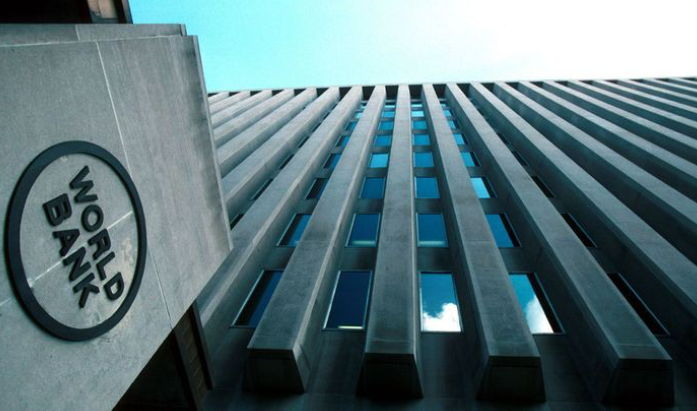The World Bank: Driving Global Development
Since its establishment in the aftermath of World War II, the World Bank has emerged as a powerhouse in the realm of international development. With a multifaceted approach and a global reach, this influential institution has left an indelible mark on nations worldwide, working tirelessly to combat poverty and promote economic prosperity.
At its core, the World Bank comprises two distinct yet complementary entities: the International Bank for Reconstruction and Development (IBRD) and the International Development Association (IDA). The IBRD primarily focuses its efforts on middle-income and creditworthy poorer countries, while the IDA extends a lifeline to the world's most impoverished nations through interest-free loans and grants.
Funding the World Bank's endeavors is a collaborative endeavor. The IBRD taps into global financial markets, issuing bonds to raise capital, while the IDA relies on contributions from the institution's 189 member countries and transfers from the IBRD's own earnings.
The path to development is paved with meticulous planning and execution. World Bank staff work hand-in-hand with governments and stakeholders, identifying pressing challenges and crafting potential solutions. Proposed projects undergo rigorous scrutiny, with experts evaluating economic viability, environmental impact, and social implications before granting approval.
Once given the green light, the World Bank unleashes its financial might, providing loans at preferential rates, grants, and technical assistance to support a myriad of development initiatives. These can range from large-scale infrastructure projects, such as constructing roads, dams, and power plants, to social programs focused on education, healthcare, and poverty alleviation.
But the World Bank's influence extends far beyond mere lending. Its team of experts conducts extensive research, analyzing global trends and collecting data to inform development strategies. Through policy advice and collaboration with governments, the institution fosters economic growth, promotes environmental sustainability, and tackles pressing social issues.
Accountability is paramount, and the World Bank employs a robust monitoring and evaluation system to ensure that resources are utilized effectively and that intended outcomes are achieved. Regular assessments are conducted to gauge the impact of these initiatives and identify areas for improvement.
Recognizing the complexity of development challenges, the World Bank forges global partnerships with governments, non-governmental organizations (NGOs), private sector entities, and other international organizations. By leveraging expertise, resources, and synergies, the institution amplifies its impact and creates a more equitable and prosperous world for all.
While its operations are multifaceted and far-reaching, the World Bank's core mission remains steadfast: to drive sustainable economic growth and eradicate poverty on a global scale. Through its lending, advisory services, and global partnerships, this influential institution continues to shape the trajectory of development, leaving an indelible mark on nations worldwide.




Komentar
Posting Komentar